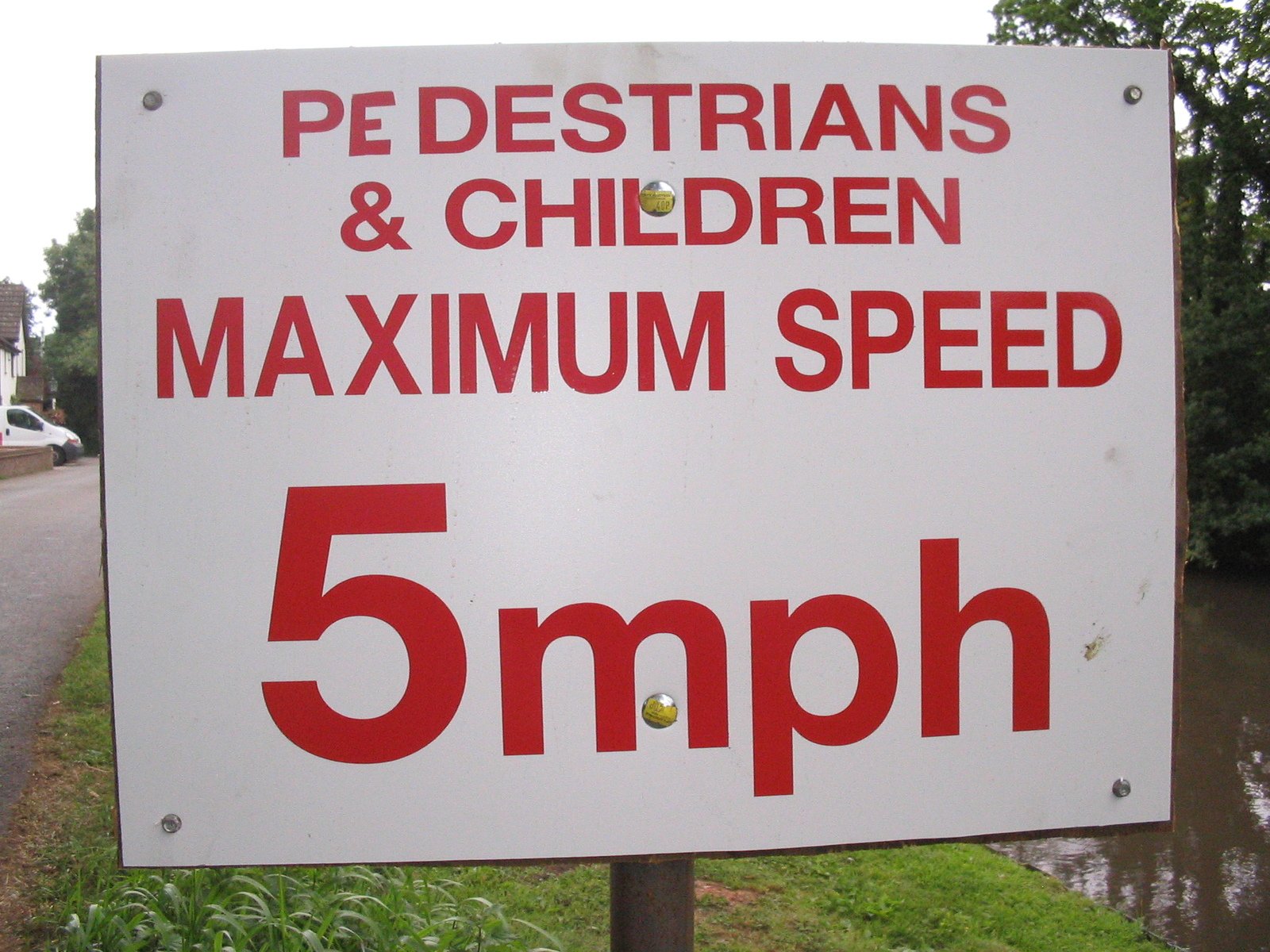

"They don't even use the term "AI" in its classic/traditional sense; they just call almost any 'clever' algorithm or computer "AI".""He described the EPO’s take on the excluded subject matter in its guidelines relation to AI inventions as “easy to overcome” but warned that the inventive step aspect will be the opposite of that, likening it to pole-vaulting."
The U.S. Patent and Trademark Office (USPTO) also started to adopt this buzzword more recently, quite likely in pursuit of tricks by which to overcome (at least at the Office) 35 U.S.C. ۤ 101 (SCOTUS). They don't even use the term "AI" in its classic/traditional sense; they just call almost any 'clever' algorithm or computer "AI". This is what happens when nontechnical people are put in charge of leadership roles. Law firms run the asylum.
IP Kat's Neil Wilkof has just written about how Singapore deals with trademark maximalists while lawyers who produce nothing pocket lots of money.
"...letting such patents persist simply delegitimises the Office in the public eye..."IP Watch's article from yesterday ("Singapore IP Office Grants First Accelerated Patent Under New FinTech Initiative"), relating directly to what we wrote about yesterday, speaks about Singapore accelerating the granting process for some bogus/abstract patents and uses the buzzword "FinTech" to justify that. In their own words: “This accelerated patent application-to-grant process comes at no additional cost and is open to any FinTech enterprises from anywhere in the world who file through IPOS.” The European Patent Office (EPO) has a similar program, notably PACE although PPH and Early Certainty also relate to so-called 'speed' (shortcuts rather). It's to do with backlogs really (the U.S. Patent and Trademark Office (USPTO) obsesses over it) and the EPO doesn't seem to care much about 9,000+ appeals in the pipeline, addressing for the most part erroneous or controversial grants, not rejections. Some of these patents have many lives at stake. There are some notable examples of these, e.g. as covered by a propaganda site for patents on nature and life, Life Sciences Intellectual Property Review, as recently as yesterday:
Six organisations have appealed against the European Patent Office’s (EPO) decision to uphold a patent for a key hepatitis C drug.
The appeal, which concerns Gilead Sciences’ patent for sofosbuvir, was filed on Wednesday, December 5, by Médecins du Monde (MdM), Médecins Sans Frontières (MSF), AIDES (France), Access to Medicines Ireland, Praksis (Greece) and Salud por Derecho (Spain).
According to a statement released by MSF, the EPO should revoke Gilead’s patent (EU number 2,604,620) for sofosbuvir because “it does not meet the requirements to be a patentable invention from a legal or scientific perspective”.